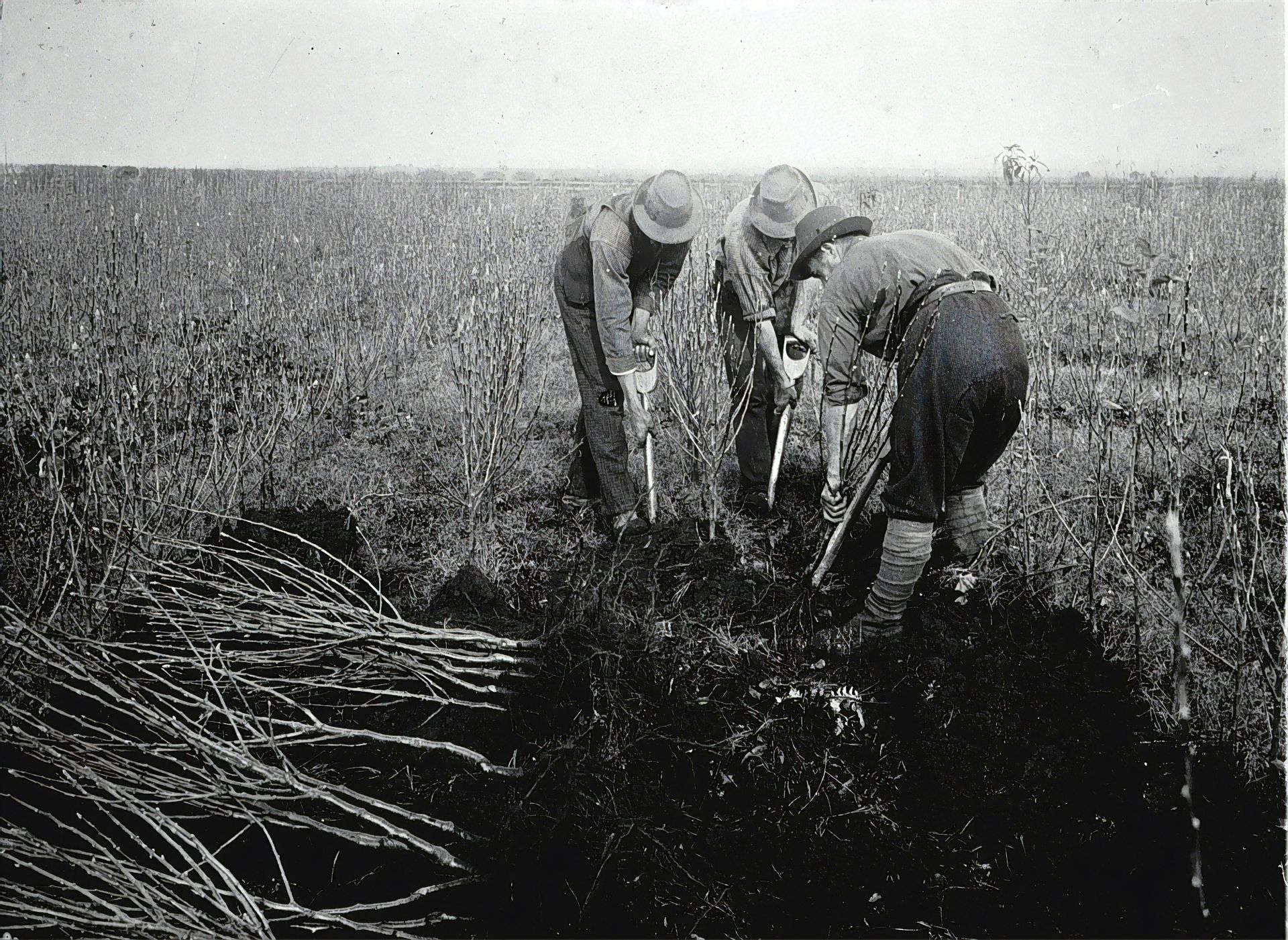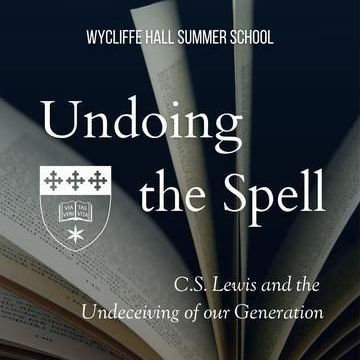This year, for only the second time, rock climbing featured at the Olympics. It’s debut was in Tokyo in 2021 before appearing again this summer in Paris. Of the three disciplines in climbing, speed climbing, lead and bouldering, the more technical and true to the spirit of the sport is lead climbing, in which competitors have a few minutes to survey a route and then a limited time to get as far as they can along it, earning points along the way. The route itself is set with holds: various, different types of “grips” for the climber to use. Some are better suited for your feet to stand on, others are for your fingertips to tentatively hold you in place, some are just a springboard for you to move through to the next one along. And all being well, there one or two “resting holds.” These are large holds that you can grab comfortably and use to catch your breath. You’ll see climbers extend their arm out into it to conserve energy, while shaking the other off. And then they’ll switch do the same the other way. It’s a little reprieve where the climber can take a beat, assess how far they’ve come, what they have left to go and plan their next few moves.
"Why Worship?" A Sermon on Psalm 146
Sermon preached at St Martin's Episcopal Church on September 8th, 2024 on Psalm 146.
***
The title of this sermon today is a question. Why worship? Why take time to show up with other Christians? Why put in effort to be in community, to gather, to learn, to pray, to break bread?
There are many more interesting things we could be doing. We could be out to brunch or to play golf. We could be sleeping in a little longer, taking the dog for a leisurely walk or reading that book that sits on our bedside table untouched. Some days it takes a lot of work to make it to church—if you’ve got children you know how challenging it can be to get everyone up, ready and out the door on time.
So why? Why commit yourself to worship?
Well, worship is kind of like a spiritual resting hold in the climbing route that is life, played out one week at a time. It is a reprieve and a chance to refocus our life and purpose and anchors anchor ourselves for the week ahead. A spiritual reorientation and refreshment.
And one of the things we do when we worship is we praise God. We sing, we recite the creeds, we give thanks in the Eucharist. And Psalm 146 invites us to consider what it is about God that makes Him worth it—what makes Him worthy of praise. Of being at the heart of our weekly worship.
The Psalm starts in the same way that it ends: with a call to praise God. An instruction. Hallelu Yah. Praise God, the psalmist tells the people. And then he says the same to himself – “Praise God, my soul!” And not just for today, but my whole life long, continually. Forever.
BUT unlike a typical praise psalm, the rest of it is concerned with explaining why God is worth relying on in this way. Why worship on a regular basis, why make God the object of our praise? Why make the time?
***
***
The UK isn’t really into school reunions, but they can be really interesting occasions. As you get to see how time affects those you once might have looked up to, admired or even revered. I remember bumping into the most popular guy from my high school, ten years after graduation. The one who seemed like the A-list celeb of my peers, who had all the girls falling for him, great at sports, great at drama, great at academics. The one you might bet money would do great in life. Yet in just a decade, he had floundered. And my hope is that since then his life has turned around a bit and gone from strength to strength, but even it has it won’t last forever.
However great someone is, things change. Life moves on. And ultimately none of us will outlive the rest.
“Do not trust in mortals.” Yet it is such an easy thing to do.
I know that since June, you as a church have found yourselves in an interregnum – without a rector. It can be a very strange experience to have that particular office vacant. And it can take some time for God to call the next person to the fore. It can be uncomfortable and unsettling to sit with the waiting. It is not always an easy season. But make no mistake: in truth, it is actually a wonderful opportunity to be reminded of why we do what we do. Is it because the pastor is who we want them to be? Or a great preacher? Or do we do what we do because we love the One the pastor has been pointing us to? A season like this gives chance to refocus and keep the main thing the main thing.
However alluring, however charismatic, however noble—from our teenage years onwards—no mortal can provide the “help” we really need. None of them can deliver the security we crave and long for. For we all will fade. We all return to the dust.
***
Instead, v.5 declares: “Blessed is the one who makes the God of Jacob his help.”
The one to trust in is the One who made it all.
In the closing scenes of The Truman Show, as Jim Carey’s character discovers the superficiality of his life and is about to step out of the reality show into the world beyond, he meets Christof. The director-producer of the whole thing. Christof is hidden in a booth in the artificial sun that sits in the artificial sky that was Truman’s life. Christof gets to say when the sun goes down and when the moon will rise in the evening. He is the one who cast the actress that wooed Truman and became his wife. It was Christof that decided that Truman’s career path. Truman had lived his life one way, trusting in the people around him, trusting in his own autonomy, but came to realise there was a much greater power at work.
Psalm 146 gives us this kind of contrast--and more. Do we trust in the leaders and figures who are like actors that could be written out of the show any day? Or do we trust in the God of Jacob who is the director-producer of all of Creation, who hires the cast and directs the story? Who makes the sun go down and the moon rise?
Why make God the centre of our worship? Why praise Him our whole lives long? Because we have glimpsed behind the curtain of this world, we have seen the ‘more’ of the gospel, the ‘more’ of faith, the ‘more’ that is the God who made it all. He is able. He will not return to the dust. He keeps faith forever (v.6).
We praise God because we trust the One who is infinite not the ones who are finite.
The one building his heavenly kingdom not those building human kingdoms.
The Psalmist knew that Israel needed reminding of the difference between the two. And I don’t think the church is all that different. We get drawn in by our fellow human beings, we look to them to rescue us, to satisfy, at the expense of the One who made them.
***
But here’s the thing. It doesn’t matter how able God is, how strong, how infinite, if his heart is not in it. Who’s to say God is not like Christof – the director-producer of Truman’s life who exploited his humanity, and all of the most vulnerable moments of his life, and did so for profit?
Well, Psalm 146 answers that question as well. God is both able and willing and, in particular, he is for those who are powerless, weak and don’t deserve it.
If you want to know if God is willing – read through vv.7-9! It recounts the type of work God does. The activities he is invested in. Wherever you see the oppressed freed, the hungry fed, the foster child cared for, the widow provided for, the foreigner protected—this is God’s work, Psalm 146 says. This is where God’s heart is. He cares for those caught up in the wheels of injustice of the kingdoms of this world. Those who are powerless. Those who’ve faced exploitation.
“God loves the righteous” it says in v.8 – but more properly we might translate it as “God loves the innocent.”
I recently read in the news the story of Carol Higgins. She was raised in Yorkshire in the north of England and during her childhood she suffered severe and ongoing physical and sexual abuse from her own father. It took her four decades of effort, but in 2019 he was eventually convicted, found guilty and sentenced. (It took the jury just two hours to reach a verdict.) When she first reported it, Carol was told she’d be branded a liar and not to pursue justice. But she persisted. And today? Today she is involved in her local church and advocates for others, protecting the vulnerable in her community.
God upholds the orphan and the widow—those without protection, those without voice—but the way of the wicked he brings to ruin.
The God who is able to help and save and rescue is the God who wills to help and save and rescue. This is the shape of His heart. The fruit of his labour. This has always been His way. From choosing the weak and powerless people of Israel, enslaved in Egypt and freeing them, to delivering them from their enemies time and again, punishing the people themselves when they had become the oppressor, to providing a means for all of us to be born to new life to fully live as God’s people and do the kind of work God does. That is why Jesus instructed his followers in the Parable of the Sheep and the Goats that “Whatever you do for the least of these, you do for me.” As God’s people, we are called to reflect God’s heart. And God is in the business of providing for those who are powerless. Healing, redeeming, setting free.
***
Why worship?
Since my time at St Martin’s, one change has been quite surreal for me. I no longer work on Sunday mornings! It is no longer part of my job description. At Wycliffe Hall, where I teach, we do Morning Prayer every weekday and Communion together on Tuesday afternoons—but on Sunday mornings, I am free to go wherever Stephen and I choose to go and do whatever we want to do.
It has been quite the adjustment! But as Stephen and I have settled into our new rhythm of life and found a church to attend, I have found myself aware once again of just how important it is to choose to show up and praise God.
Commitment to worship, to prayer, to community, to praising God’s name and recalling his good deeds our whole life long? These things are for our refreshment, a weekly reminder of the One we are to trust in. A spiritual resting hold that refocuses us as to where our help comes from—and also where it doesn’t. A reminder that this help—God’s help—is for us not despite powerlessness and weakness. But precisely because of it. He is in the business of raising up the lowly and bringing down the proud. Setting people free and making them whole.
He is able. He is willing. And He’s doing it.
Hallelujah. Praise the Lord.
******





